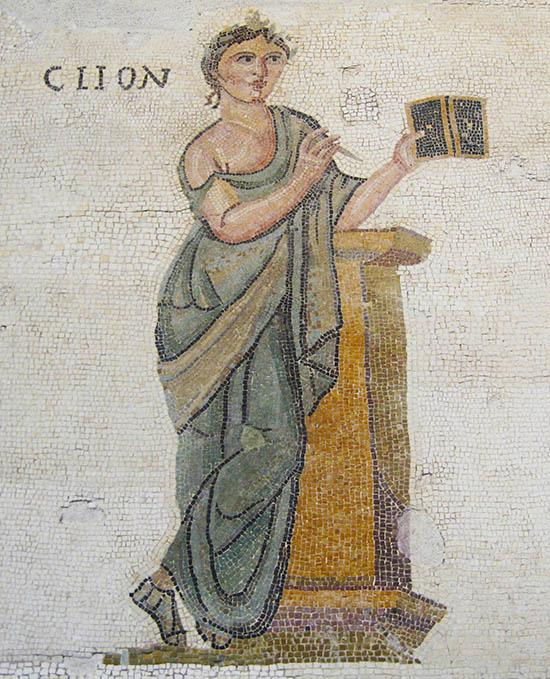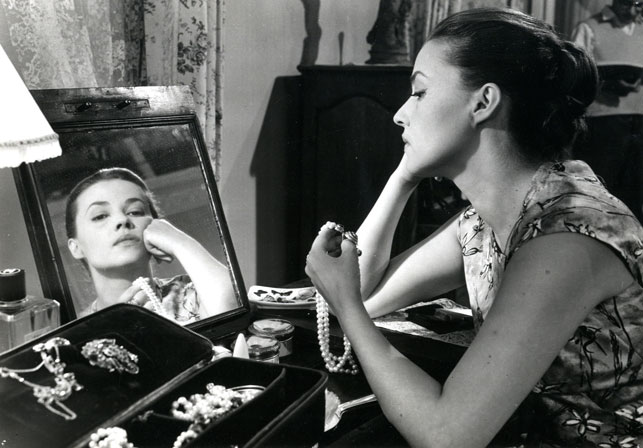Two recent plays
Albion and
What Shadows have probed away at the vexed question of contemporary Englishness.
The conclusion that emerges is that Englishness is now:
- an almost entirely backward looking exercise in often self destructive nostalgia and reactionary attitudes towards perceived loss; which is accompanied by
- an intransigent FU attitude towards the world as a whole. We used to be bigger and more important than you and now we're not so we'll just shout and stamp our feet and the rest of you can lump it.
It goes without saying that both are deeply unhelpful to attempts to navigate creatively a place for this country in the 21st century.
Englishness now feels much like a negative exercise in nostalgia because:
- the 'positive' ties that used to bind - primarily Empire and religion - are gone; and that
- economic insecurity for many makes a sense of a shared, positive future feel like a pipe dream; and that
- few political leaders have invested energy in talking about a future that places less emphasis on the nation and more on reciprocal ties and responsibilities that, in an interconnected world, are the bed rock of protecting and promoting liberal democracy and a managed and mixed economy which are still by far the best means of securing a better life for all citizens.
In short there is far too much about the past and far too little about the future.
Both of these plays are deeply concerned with these issues.
Albion - which revolves around an obsessive attempt by a largely self made entrepreneur to recreate a garden from the 1920s attached to her old family home but which has been allowed to fall into decay - precisely targets several important aspects of the phenomenon.
The beautifully observed ironies of this ultimately deluded enterprise are manifold:
- the project is a response to loss - in this case of a son - to try to assuage some of the pain and the sense of dislocation
- as work on recreating the lost idyll develops it becomes apparent that the original visionary who built it had no real interest in most of the people he lived among - whom he largely wanted kept out - just in people like him. Cultural nostalgia is for the likeminded. The lives of others - even relatives and close friends - who hold different opinions are of no interest and little appreciation
- a by product of this obsession is to disregard the lives of the young and make decisions which have terrible consequences for them. In one case, persuading her son to join the army in which he is put in the line of danger and dies and in the other by moving her daughter away from her home, her friends and her prospective career
- for the wealthy and well heeled cultural nostalgia is seen as wholly compatible with economic hard headedness and making money even when that is to the detriment of others. When the garden project fails the decision is quickly made that the only approach that works in terms of the money is to sell the property to a developer who will convert the house into flats and the grounds into little plot of land to go with each one
- class and wealth affect how insulated one is from the consequences of taking the country backwards. A middle class Cambridge graduate who wants to be a writer and works in publishing has connections that will provide opportunities even when she has a major set back; a working class writer who works on the garden project ends ends up not going to university and instead makes coffee in the local Costa and feels completely without agency
- an entrepreneurial Polish cleaner has a clear plan to manage others, to work hard and to save money in order to buy a stake in society. Her hard headed realism is focused wholly on relative economic security. She is perfectly happy to observe that 'some' parts of her homeland ‘look beautiful’ but that is of no consequence if the economic realities go south.
As she says with complete equanimity: 'it's not who you are, it's what you want to do'. Nostalgia is a luxury for which she has no time whatsoever.
What Shadows examines the context for the infamous 'rivers of blood' speech given by Enoch Powell. The consequences are still felt today.
This play magnificently probes away at the notion that personal identity seems solid and constant but is actually fluid and can be evanescent (illness in particular affects our perception of who we are); that we all wear multiple hats simultaneously; that change is constant throughout history and we identify the changes that we like - or don't - and give them emphasis.
That notion of choosing the change with which you are comfortable and rejecting the change with which you are not seems close to the heart of the matter. There is a magisterial passage in which Powell discusses the effects of the iconoclasm unleashed by the Protestant Reformation in the 1550s (the play actually has a reference to the Act of Uniformity of 1552 which gave me a history geek quiver of pure pleasure). He accurately describes just how huge a shift this was for most people in England at the time: imposed from above and undertaken with considerable violence towards buildings that we now hold - in their post Reformation state - as part of the quintessential nature of an English town or village.
At the same time he observes that belonging is created by the relations between people who occupy the same space. The point of course is whether you consider those other people to have a legitimate basis for being in that space in the first place.
At root Powell is also shown to be driven by a huge sense of loss. This comes from his specific sense of belonging (his home county of Shropshire in particular) which he feels is not recognised by new arrivals, coming on top of the war which he sees as fought to preserve places such as Shropshire and that his own personal ambitions in politics are looking less and less likely to be realised.
So he has a very specific cultural identify which he feels isn't shared. In a section towards the end of the play he describes how the speech took possession of him. Whilst he felt powerful in the immediate aftermath he also increasingly felt very alone in facing the consequences.
Ultimately I think that much of the speech is explained by Britain's move from being a top dog to a second rate power. Powell is much more indulgent of difference when feeling in control (so tellingly he is liberal on sexual orientation and on different cultures in India). What he cannot accept is the feeling of being 'done to' in Britain in the 1960s.
In Albion the final scene is so loaded with symbolism it is surprising that the stage doesn't collapse.
The main character is left scrabbling around in what is once again a largely derelict garden trying to plant a surviving offshoot of a single red rose that survived the war. This is accompanied by desperate efforts to call off the sale of the property so that yet another attempt can be made to save and restore the garden.
In practice even were this to be successful the consequence would be to ruin the family financially because of the fines that would be paid for breach of contract.
Increasingly desperate attempts to go backwards that will ruin the future.
Does that sound at all familiar?












